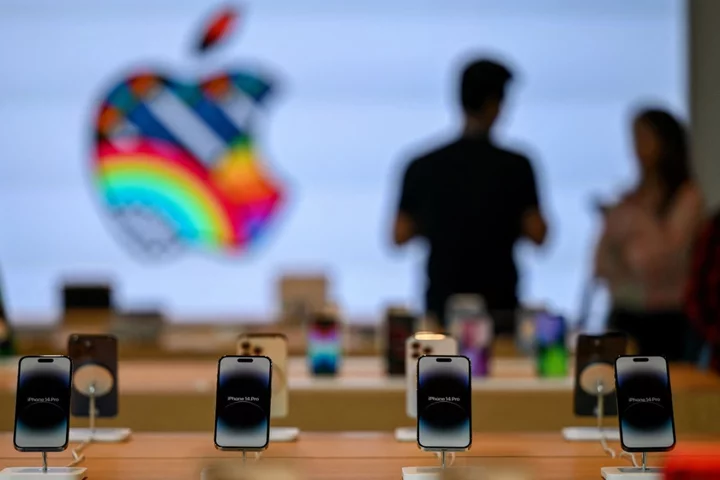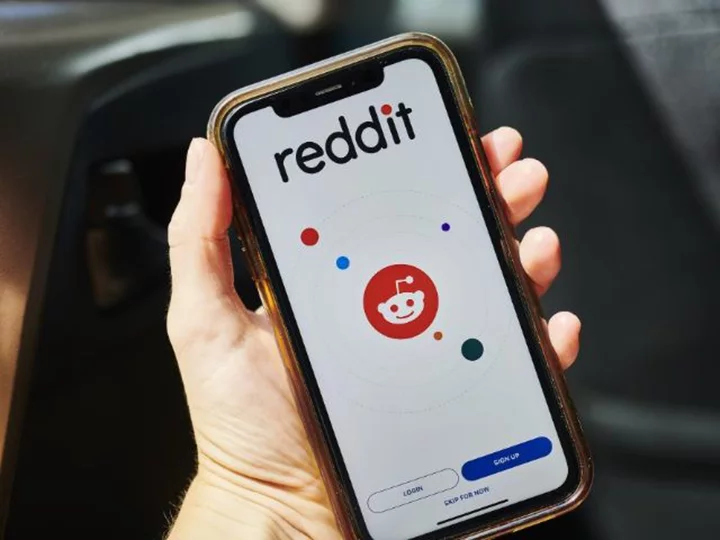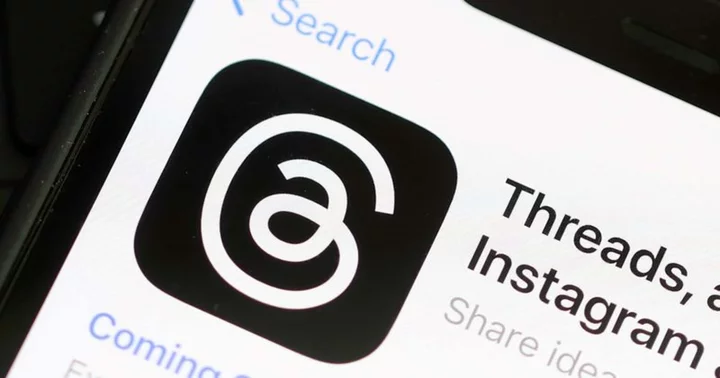Police across the US have sent out privacy warnings over a new iPhone feature added in the latest Apple update.
But the tool – called NameDrop – is a simple way of sharing personal information with consent, and includes a number of protections to ensure that data is not stolen.
In a host of warnings from law enforcement, shared largely across Facebook, police departments warn about a possible “privacy” concern from the NameDrop feature, which arrived in iOS 17. The warning was shared by a range of different law enforcement authorities on Facebook, right across the country. It appears to have caught on over the Thanksgiving weekend.
It notes that the feature defaults to being on, which is true. But it also suggests that “many people do not check their settings and realise how their phone works” and suggest there is something dangerous about the fact that you can “share your contact information by being next to another iPhone”.
As such, it warns that people should turn the feature off by default and do the same for their children.
It is true that the feature allows two devices to share contact information when they are next to each other. But they must be right next to each other, rather than simply close – and that is just one of a range of protections built into the feature.
Chief among them is that users must specifically unlock their phone and also explicitly opt in to share their data with anyone, rather than it being able to send information on its own.
NameDrop was introduced earlier this summer, as part of a number of changes to the way that contacts and sharing work in iOS 17. It is intended to make it easy to quickly share details with someone just by putting your phones near each other, and in so doing avoid having to read out numbers or other more complicated processes.
It is used by simply placing two iPhones, two Apple Watches or a combination of the two together. If the devices are unlocked, and then placed within a few centimetres of each other, they will vibrate and glow to the show that the connection is happening.
Users are then given the option of what contact information they want to share, as well as what they want to leave out. That gives the option to share only a work number, for instance, or only an email address – or one user can opt out of sharing any data at all, and just receive it.
Users then click again to share their details. It can also be cancelled at any time by just swiping from the bottom of the display.
NameDrop can be turned off relatively easily if there any concern. That is done by opening the Settings app, clicking on “General” then “AirDrop” and choose the “Start Sharing By” option, where you can turn off the setting to do so by “Bringing Devices Together”.
Read MoreWhy Apple is working hard to break into its own iPhones
Disney, Apple suspend ads on Musk’s X after he agrees with antisemitic tweet
Apple to adopt system to improve texting between iPhones and Android devices









